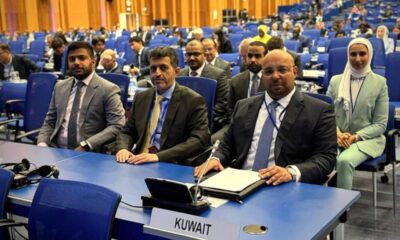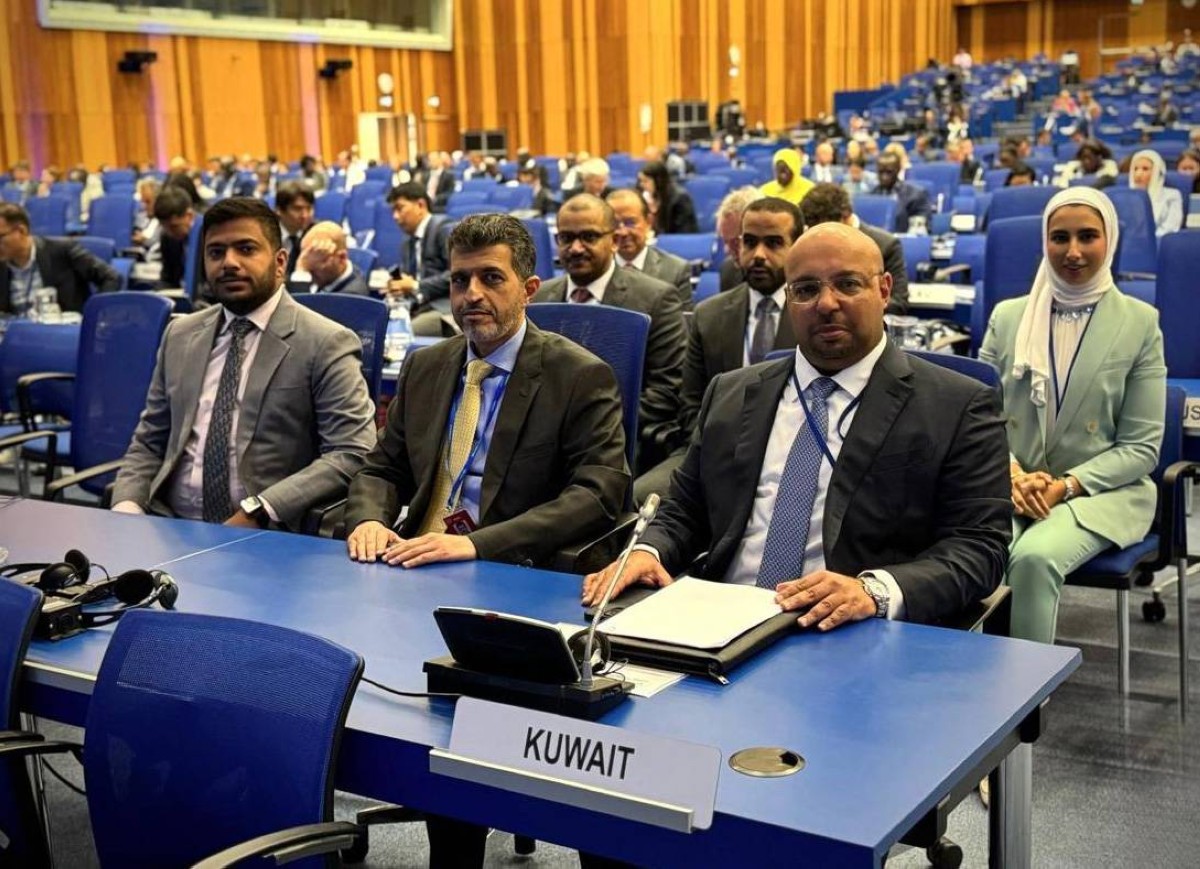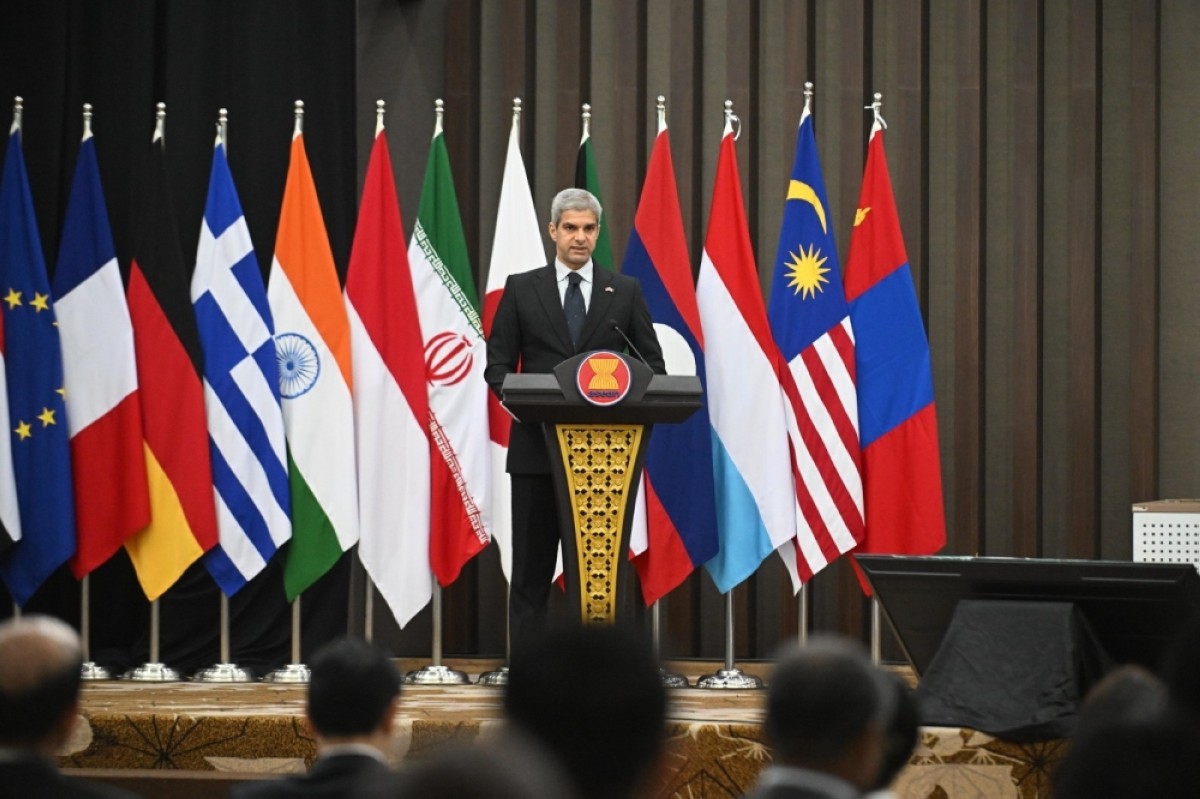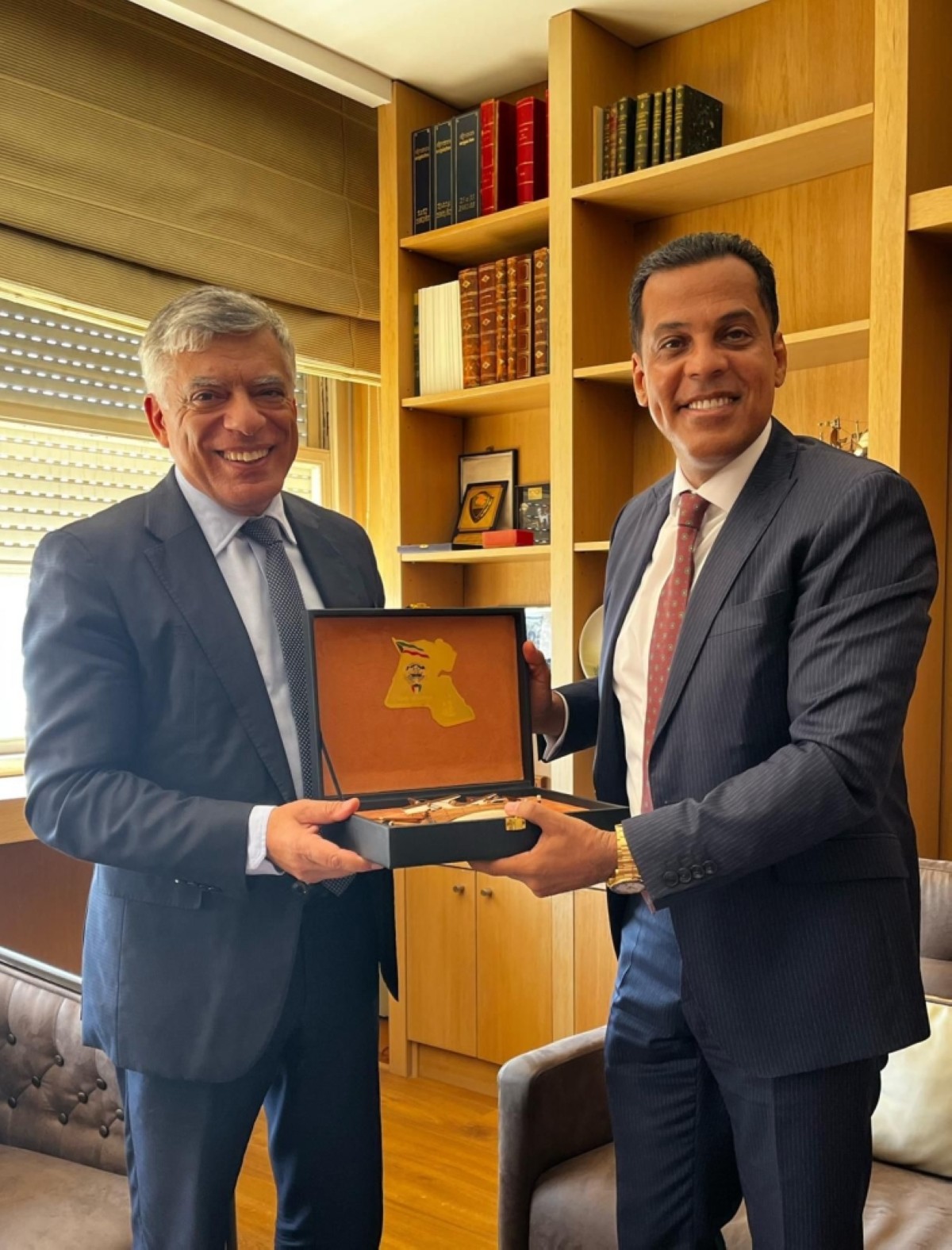VIENNA: The State of Kuwait and the International Atomic Energy Agency (IAEA) have hammered out three agreements during the 69th IAEA annual conference which concluded Friday, said the Director General of the Kuwait Institute for Scientific Research (KISR).In a statement to KUNA, Dr. Faisal Al-Humaidan said that some of the signed agreements extend for 10 years.
He added that Kuwait will also continue implementing nine existing joint projects and eight other ongoing regional projects with the IAEA. The three new agreements are: an agreement on the Fourth Technical Cooperation Framework Plan (2026-2035); an agreement for designating KISR as a center for cooperation with the IAEA until 2028 as a regional center for radiation monitoring; and an agreement for re-designating KISR as a center for cooperation with the IAEA until 2028 in the field of combating marine pollution, Al-Humaidan clarified.
He pointed out that the IAEA’s technical cooperation (TC) programme in Asia and the Pacific official have expressed appreciation of KISR’s cooperation at the regional level. KISR Director confirmed that five new projects have been approved for the years 2026-2027, covering various fields, including studying the impact of coke clumping on reactor performance, improving food safety, establishing a national neutron analysis laboratory, monitoring groundwater pollutants, and continuing work on a cancer treatment project with a budget of approximately 600,000 euros.
Al-Humaidan added that Kuwait hosts three regional service and cooperation centers with the IAEA in the fields of medicine, marine environment, and radiation protection. The Environment and Life Sciences Research Center at the KISR was re-designated as a cooperation center for monitoring marine radioactive pollution for the period 2025-2028 and the Radiation Measurement Laboratory was also designated as a regional resource center within the Arab States in Western Asia group, bringing the total number of Kuwaiti centers cooperation with the IAEA to four, he indicated.Al-Humaidan emphasized that the IAEA’s national technical cooperation program is a pivotal for building national capacities and ensuring the transfer of peaceful nuclear technologies.
The current national program covers five projects, in addition to four new projects that started in January 2025, encompassing areas such as the production of improved crops, the study of freshwater in groundwater aquifers, cancer treatment, monitoring marine pollution by microplastics and its impact on the safety of seafood, he clarified.
He mentioned Kuwait’s participation in eight regional projects under the Arab States in Asia Cooperation Agreement for 2024-2025 in environmental, agricultural, and health fields.Furthermore, Kuwait submitted a proposal, in cooperation with KISR experts, to establish a regional seed bank to address the effects of climate change, he said. Al-Humaidan indicated that the Kuwaiti delegation held meetings with the IAEA’s Safeguards Department and experts, during which the IAEA reaffirmed Kuwait’s commitment to submitting all reports related to the Additional Protocol and small quantities.He added that Kuwait also reaffirmed its commitment to strengthening cooperation with the IAEA in all aspects of the peaceful uses of nuclear science and technology.
He emphasized the agency’s significant role in building and enhancing national human and institutional capacities of the peaceful use of nuclear energy.He commended the efforts of Kuwait’s Permanent Representative to the IAEA in Vienna Ambassador Talal Al-Fassam in consolidating cooperation with the agency.For her part, Dr. Habiba Al-Mani’e, a researcher, stated in a separate statement to KUNA that continued cooperation with the IAEA in the field of nuclear security is in line with the approved National Integrated Nuclear Security Plan, which has proven effective in supporting a comprehensive approach to nuclear security in the country over the past few years.
She underlined that the National Integrated Plan plays a key role in directing national efforts towards building a strong and sustainable nuclear security infrastructure, and strengthening institutional, human, and technical capacities, including the monitoring and securing of radioactive sources, the national response plan, the prevention of illicit trafficking, and border control.Al-Mani’e noted that the meeting held to review the National Integrated Nuclear Security Plan in the first quarter of 2025 included the participation of all relevant stakeholders, reflecting Kuwait’s commitment to implementing the highest standards of nuclear security and developing advanced procedures to ensure national safety and security. — KUNA


 Latest News14 hours ago
Latest News14 hours ago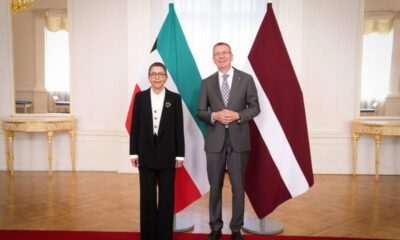
 Latest News10 hours ago
Latest News10 hours ago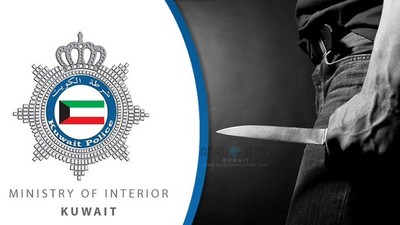
 Politics11 hours ago
Politics11 hours ago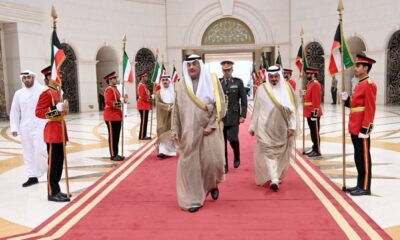
 Latest News13 hours ago
Latest News13 hours ago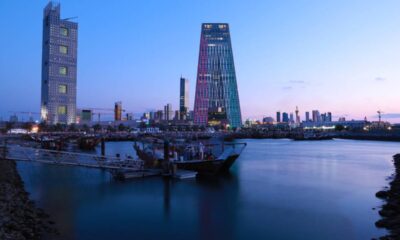
 Latest News11 hours ago
Latest News11 hours ago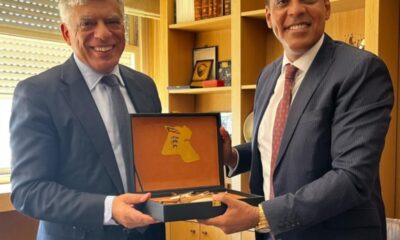
 Latest News4 hours ago
Latest News4 hours ago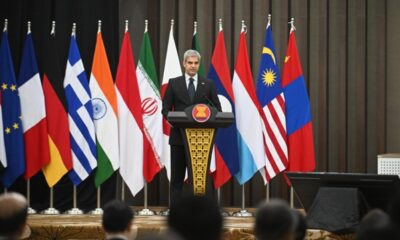
 Latest News3 hours ago
Latest News3 hours ago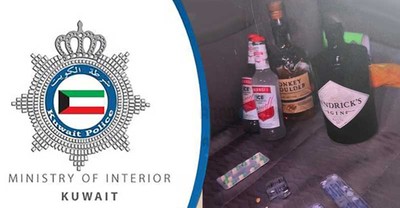
 Politics4 hours ago
Politics4 hours ago
